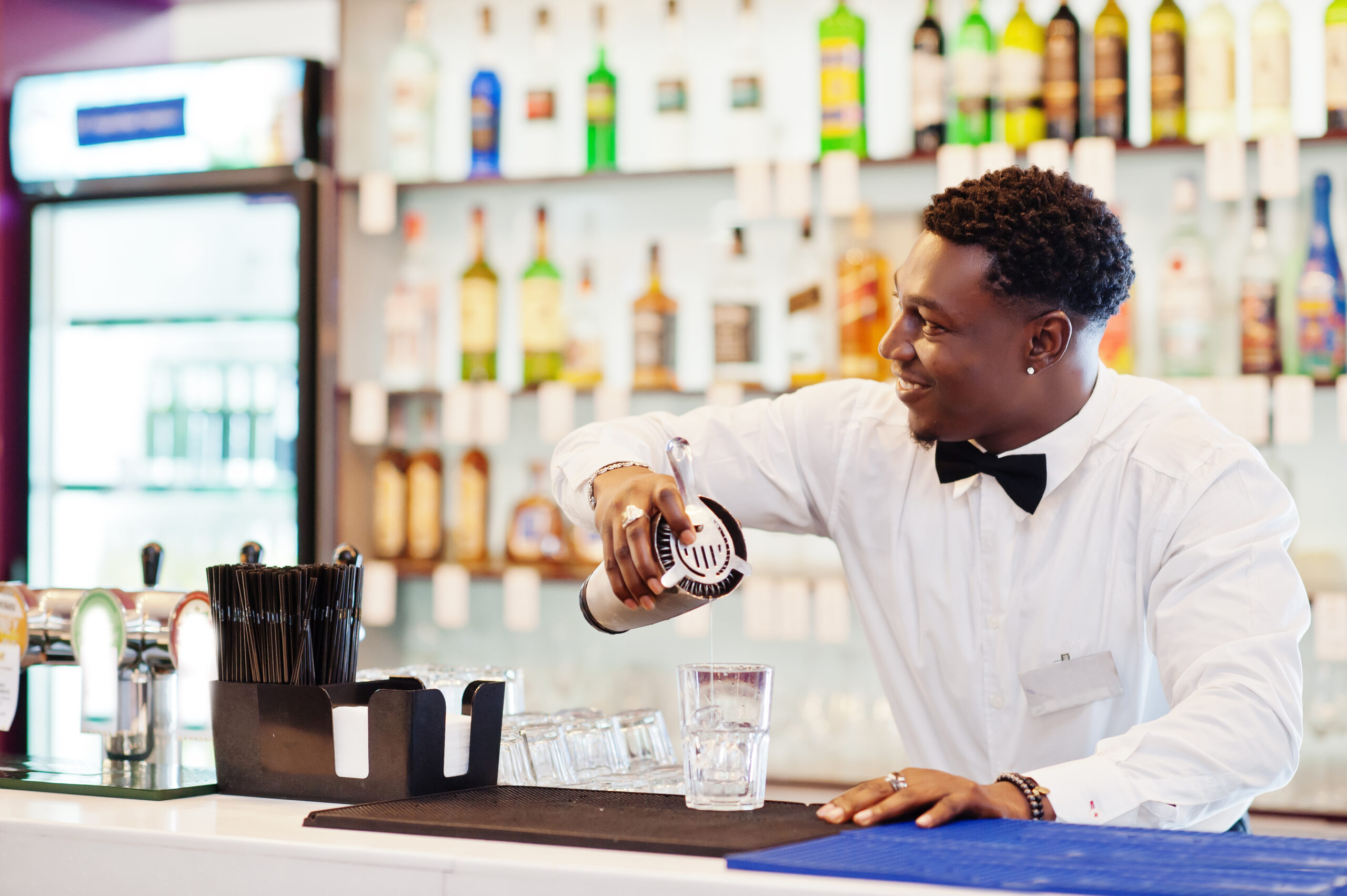On 8 September 2025, the Liquor Amendment Bill (B21-2025) was tabled in the National Assembly as a Private Member’s Bill by Ms Ntombovuyo Veronica Mente-Nkuna, representing the Economic Freedom Fighters (EFF). The Bill proposes sweeping reforms to the Liquor Act 59 of 2003, aiming to drastically limit the visibility and commercial promotion of alcohol products across South Africa.
Purpose and Policy Rationale
According to the Explanatory Memorandum, the Bill represents a deliberate attempt by the State to “counter the normalisation of alcohol and liquor usage”, highlighting a growing public concern about excessive alcohol consumption and its devastating social effects. The drafters emphasise that alcohol abuse continues to contribute significantly to road fatalities, domestic violence, and other public health crises, all of which, in their view, justify legislative intervention of this magnitude.
Scope of the Proposed Amendments
The Bill’s most significant intervention lies in the amendment of section 9 of the Liquor Act, which currently regulates advertising practices. Under the existing law, advertising is only restricted when false, misleading, or aimed at minors.
The Bill, however, seeks to replace section 9 entirely, retitling it “Advertising and Sale Restrictions” and expanding its reach to include comprehensive prohibitions on advertising, promotion, and product placement of alcohol.
The newly proposed subsections (3) and (4) introduce the following prohibitions:
Total ban on advertising: No person may use any form of advertisement, as defined in the Liquor Products Act 60 of 1989, to market alcohol or encourage its consumption.
Ban on product placement: It would be unlawful to display liquor brands or imagery in television, film, or digital media in exchange for any benefit.
Brand element restriction: Companies may not use logos, trademarks, or any identifiable brand symbols, directly or indirectly, to promote alcohol or its consumption.
Restrictions on sponsorship: Licensed manufacturers, distributors, and retailers (referred to as “registered persons”) would be barred from sponsoring, organising, or contributing financially to public events or activities where alcohol brands are displayed or associated with the event.
Alignment with Tobacco Regulation
The Bill’s provisions bear a striking resemblance to the advertising bans found in the Tobacco Products Control Act 83 of 1993, effectively extending that model to alcohol. In practical terms, this would amount to an outright prohibition on alcohol marketing and event sponsorship, including well-known practices such as liquor-brand sponsorship of music festivals, sporting events, and cultural programmes.
New Definitions and Interpretive Framework
To give effect to these changes, the Bill proposes several new definitions in section 1 of the Liquor Act. Among them are:
“Brand element” – any aspect identifying a liquor brand, including its name, logo, slogan, colours, or visual design.
“Organised activity” – any event open to the public, such as concerts, sports matches, or cultural gatherings, where a liquor brand or logo is used to promote consumption.
“Product placement” – the depiction or reference to liquor or its branding in any broadcast, film, or social media content for commercial gain.
“Promotion” – any act that supports or encourages the sale or use of alcohol.
Contracts entered into before the Bill becomes law, such as sponsorship or promotional agreements, will remain valid and enforceable, allowing affected parties to wind down such arrangements after the law’s commencement.
Industry and Economic Impact
While the Congress of South African Trade Unions (COSATU) has publicly endorsed the Bill, arguing that it aligns with public health objectives, many industry observers warn of severe economic repercussions.
- The proposed advertising and sponsorship prohibitions could:
- Eliminate a major source of income for sports and entertainment industries,
- Threaten thousands of jobs in marketing, events, and broadcasting, and
- Reduce tax and excise revenue generated through liquor sales.
Critics contend that, although the Bill’s goals are socially commendable, its implementation could cripple key sectors of the economy and drive smaller producers out of the market.
Legislative Process and Next Steps
Following its tabling, the Bill was referred to the Portfolio Committee on Trade, Industry and Competition, which must now invite public submissions and hold hearings before any amendments are made. After the committee’s deliberations, the Bill will be debated and voted on in the National Assembly before proceeding to the National Council of Provinces. If approved by both Houses, it will be sent to the President for assent.
Historical Context
This is not the first time that government has sought to restrict alcohol marketing. The 2016 Liquor Amendment Bill, published by the then Department of Trade and Industry, contained similar proposals but ultimately lapsed before enactment. The current Bill revives many of those earlier ideas but takes them even further, extending the prohibition to all forms of media and event sponsorship, rather than just public advertising platforms.
Conclusion
The Liquor Amendment Bill (B21-2025) signals a decisive policy shift in how South Africa approaches alcohol regulation. It reflects a growing prioritisation of public health and social welfare over commercial interests but raises legitimate concerns about its economic and constitutional implications. Whether Parliament will adopt the Bill in its current form remains uncertain. What is clear, however, is that the debate over alcohol’s place in South African society and the balance between freedom of commerce and social responsibility is far from over






